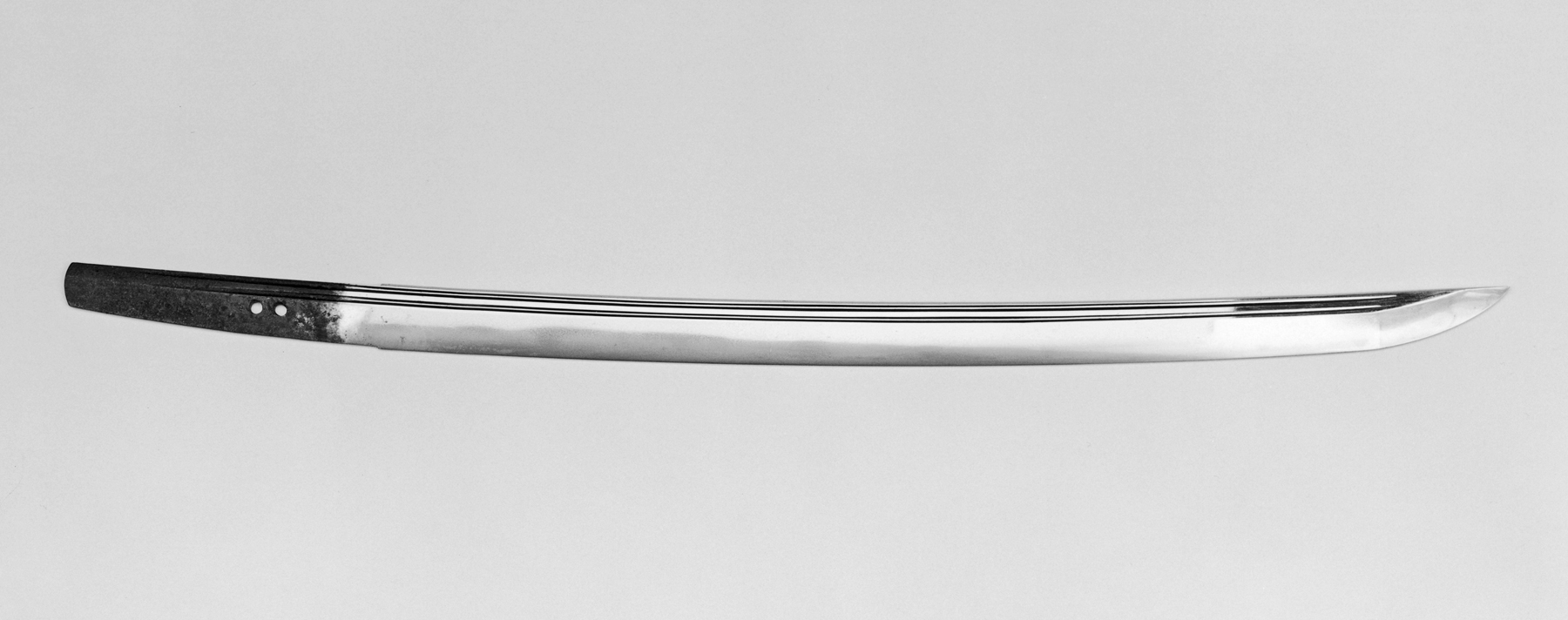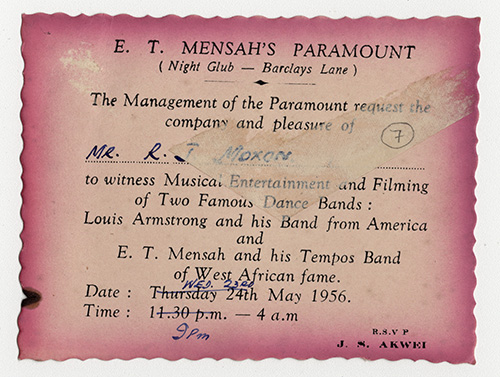|
Nzekwu
Onuora Nzekwu () also known as Joseph Onuora Nzekwu (19 February 1928 – 21 April 2017) was a Nigerian professor, writer and editor from the Igbo people. He is author of the 1961 novel '' Wand of Noble Wood'' and the 1963 novel '' Eze Goes to School'' which was among the African Writers Series. Biography Nzekwu was born in Kafanchan, Kaduna State, to Mr. Obiese Nzekwu and Mrs. Mary Ogugua Nzekwu (née Aghadiuno) of Onitsha in Anambra State. Bivne's Space, 3 March 2012. In January 1956, Nzekwu joined the Federal Civil Service and w ... [...More Info...] [...Related Items...] OR: [Wikipedia] [Google] [Baidu] |
Eze Goes To School
''Eze Goes to School'' is a 1963 children novel co-written by Nigerian writer Onuora Nzekwu and British writer Michael Crowder. It was published in 1963 under the African Writers Series by Heinemann Publishers. Plot summary ''Eze Goes To School'' centers mainly on Eze Adi, the protagonist of the novel who struggles to get formal education due to his poor family background. Eze finally makes a name for himself due to his intelligence. The novel exhibits the struggles of getting formal education in Nigeria in the 90's. These include truancy, cultism and poverty. Nzekwu and Crowder explains this albeit making it understandable for children. Reception The novel gathered positive reviews. ''Daily Trust'' listed it as one of the books every child must read. It is regarded as one of the evergreen books that tells the Nigerian story. It is also among literature texts that influenced kids in the 90's by '' The Cable Lifestyle''. Rudolf Ogoo Okonkwo writing for ''Sahara Reporters Sa ... [...More Info...] [...Related Items...] OR: [Wikipedia] [Google] [Baidu] |
African Writers Series
The African Writers Series (AWS) is a collection of books written by African novelists, poets and politicians. Published by Heinemann, 359 books appeared in the series between 1962 and 2003. The series has provided an international audience for many African writers, including Chinua Achebe, Ngũgĩ wa Thiong'o, Steve Biko, Ama Ata Aidoo, Nadine Gordimer, Buchi Emecheta, and Okot p'Bitek. History 1958 – William Heinemann publishes Chinua Achebe's ''Things Fall Apart''. 2,000 hardcover copies were printed and sold at a price of 15 shillings. The book receives widespread acclaim. 1959 – Alan Hill, head of Heinemann’s educational department, visits West Africa. He finds that Achebe remains largely unknown in his home country of Nigeria due to the small print run and high price of his first novel. 1960 – Heinemann Educational Books (HEB) is set up as a separate company and begins to publicise Achebe in Africa. They start to receive manuscripts from other African authors. A ... [...More Info...] [...Related Items...] OR: [Wikipedia] [Google] [Baidu] |
Wand Of Noble Wood
''Wand of Noble Wood'' is a 1961 novel by Nigerian author Onoura Nzekwu, which was later republished by Heinemann as part of the important African Writers Series. The novel has been compared to Achebe's ''No Longer at Ease ''No Longer at Ease'' is a 1960 novel by Nigerian author Chinua Achebe. It is the story of an Igbo man, Obi Okonkwo, who leaves his village for an education in Britain and then a job in the Nigerian colonial civil service, but is conflicted bet ...''. The novel is deeply descriptive and explanatory of Ibo culture, one critic even describing it as "ostensibly a novel which contains as much anthropological explanation as any reader could desire." The examination of traditional culture becomes a thematic emphasis, with deep exploration of topics like tribal marriage. References 1961 Nigerian novels African Writers Series {{1960s-novel-stub ... [...More Info...] [...Related Items...] OR: [Wikipedia] [Google] [Baidu] |
Kafanchan
Kafanchan ('' Fantswam'': A̠byin Fantswam; '' Nikyob'': Manɡyanɡ) is a town located in the southern part of Kaduna State, Nigeria, which owes much of its development to the railway development in the area, being situated at a particular junction of the Nigerian Railway Corporation (NRC) station built in 1927, and it sits on the railtrack connecting Port Harcourt, Enugu, Kafanchan, Kuru, Bauchi, and finally Maiduguri. As of 2007, Kafanchan had an estimated population of 83,092. Etymology James (2000) asserted that the indigenous inhabitants of the Kafanchan town and environs, the Fantswam people (who speak a dialect of Tyap), added the prefix "''kwa''" to all names of peoples and places, hence, the phrase, "kwa Fantswam". However, the Hausa immigrant elements who interacted with them found it more convenient to pronounce the phrase, kwa-Fantswam, as ''Kafanchan''. The town developed as a result of British colonial commercial activities, i.e. a railway junction town in ... [...More Info...] [...Related Items...] OR: [Wikipedia] [Google] [Baidu] |
Michael Crowder
Michael Crowder (9 June 1934 – 14 August 1988) was a British historian and author notable for his books on the history of Africa and particularly on the history of West Africa. Early life and education Michael was born in London and educated at Mill Hill School. After earning a first class honours degree in Politics, Philosophy and Economics (PPE) at Hertford College, Oxford in 1957, he returned to Lagos (he had previously been conscripted to the Nigeria Regiment in Lagos from 1953 to 1954 for his British national service) to become first Editor of ''Nigeria Magazine'' in 1959. Academic career Michael commenced his career as a secretary at the Institute of African Studies at the University of Ibadan. In 1964 he was Visiting Lecturer in African History at the University of California, Berkeley and Director of the Institute of African Studies at Fourah Bay College, University of Sierra Leone in 1965. While in Nigeria from 1968 to 1978 he was appointed as Research Professor a ... [...More Info...] [...Related Items...] OR: [Wikipedia] [Google] [Baidu] |
Professor
Professor (commonly abbreviated as Prof.) is an academic rank at universities and other post-secondary education and research institutions in most countries. Literally, ''professor'' derives from Latin as a "person who professes". Professors are usually experts in their field and teachers of the highest rank. In most systems of academic ranks, "professor" as an unqualified title refers only to the most senior academic position, sometimes informally known as "full professor". In some countries and institutions, the word "professor" is also used in titles of lower ranks such as associate professor and assistant professor; this is particularly the case in the United States, where the unqualified word is also used colloquially to refer to associate and assistant professors as well. This usage would be considered incorrect among other academic communities. However, the otherwise unqualified title "Professor" designated with a capital letter nearly always refers to a full profes ... [...More Info...] [...Related Items...] OR: [Wikipedia] [Google] [Baidu] |
Officer Of The Order Of The Niger
Nigeria became an independent country on 1 October 1960 and in 1963 became the Federal Republic of Nigeria Nigeria ( ), , ig, Naìjíríyà, yo, Nàìjíríà, pcm, Naijá , ff, Naajeeriya, kcg, Naijeriya officially the Federal Republic of Nigeria, is a country in West Africa. It is situated between the Sahel to the north and the Gulf of G .... The republic instituted two orders of merit: the Order of the Niger and the Order of the Federal Republic. Award The two highest honours, the Grand Commander in the Order of the Federal Republic and Grand Commander in the Order of the Niger are awarded to the president and vice-president respectively. The presiding judge in the Supreme Court and the chairman of the Senate are qualitative and ex officio commander in the Order of the Niger. Grades The Nigerians followed the British example in the form and structure of the order. Similarly, there are post-nominal letters for members of the Order of the Niger. * Grand Co ... [...More Info...] [...Related Items...] OR: [Wikipedia] [Google] [Baidu] |
African University Press
African or Africans may refer to: * Anything from or pertaining to the continent of Africa: ** People who are native to Africa, descendants of natives of Africa, or individuals who trace their ancestry to indigenous inhabitants of Africa *** Ethnic groups of Africa *** Demographics of Africa *** African diaspora ** African, an adjective referring to something of, from, or related to the African Union ** Citizenship of the African Union ** Demographics of the African Union **Africanfuturism ** African art ** *** African jazz (other) ** African cuisine ** African culture ** African languages ** African music ** African Union ** African lion, a lion population in Africa Books and radio * ''The African'' (essay), a story by French author J. M. G. Le Clézio * ''The African'' (Conton novel), a novel by William Farquhar Conton * ''The African'' (Courlander novel), a novel by Harold Courlander * ''The Africans'' (radio program) Music * "African", a song by Peter ... [...More Info...] [...Related Items...] OR: [Wikipedia] [Google] [Baidu] |
Blade Among The Boys
A blade is the portion of a tool, weapon, or machine with an edge that is designed to puncture, chop, slice or scrape surfaces or materials. Blades are typically made from materials that are harder than those they are to be used on. Historically, humans have made blades from flaking stones such as flint or obsidian, and from various metal such as copper, bronze and iron. Modern blades are often made of steel or ceramic. Blades are one of humanity's oldest tools, and continue to be used for combat, food preparation, and other purposes. Blades work by concentrating force on the cutting edge. Certain blades, such as those used on bread knives or saws, are serrated, further concentrating force on the point of each tooth. Uses During food preparation, knives are mainly used for slicing, chopping, and piercing. In combat, a blade may be used to slash or puncture, and may also be thrown or otherwise propelled. The function is to sever a nerve, muscle or tendon fibers, or blood vess ... [...More Info...] [...Related Items...] OR: [Wikipedia] [Google] [Baidu] |
UNESCO
The United Nations Educational, Scientific and Cultural Organization is a specialized agency of the United Nations (UN) aimed at promoting world peace and security through international cooperation in education, arts, sciences and culture. It has 193 member states and 12 associate members, as well as partners in the non-governmental, intergovernmental and private sector. Headquartered at the World Heritage Centre in Paris, France, UNESCO has 53 regional field offices and 199 national commissions that facilitate its global mandate. UNESCO was founded in 1945 as the successor to the League of Nations's International Committee on Intellectual Cooperation.English summary). Its constitution establishes the agency's goals, governing structure, and operating framework. UNESCO's founding mission, which was shaped by the Second World War, is to advance peace, sustainable development and human rights by facilitating collaboration and dialogue among nations. It pursues this objec ... [...More Info...] [...Related Items...] OR: [Wikipedia] [Google] [Baidu] |
Highlife For Lizards
Highlife is a music genre that started in present-day Ghana in the 19th century, during its history as a colony of the British Empire and through its trade routes in coastal areas. It describes multiple local fusions of African metre and western jazz melodies. It uses the melodic and main rhythmic structures of traditional Akan music, Kpanlogo Music of the Ga people, but is typically played with Western instruments. Highlife is characterized by jazzy horns and multiple guitars which lead the band and its use of the two-finger plucking guitar style that is typical of African music. Recently it has acquired an uptempo, synth-driven sound. Highlife gained popularity in the genre "Native Blues" prior to World War II before production was shut down. After the war its popularity came back within the Igbo people of Nigeria, taking their own traditional guitar riffs and the influence of the Ghanaian highlife performing ideas, mixed and perfected it to form Igbo highlife whic ... [...More Info...] [...Related Items...] OR: [Wikipedia] [Google] [Baidu] |




